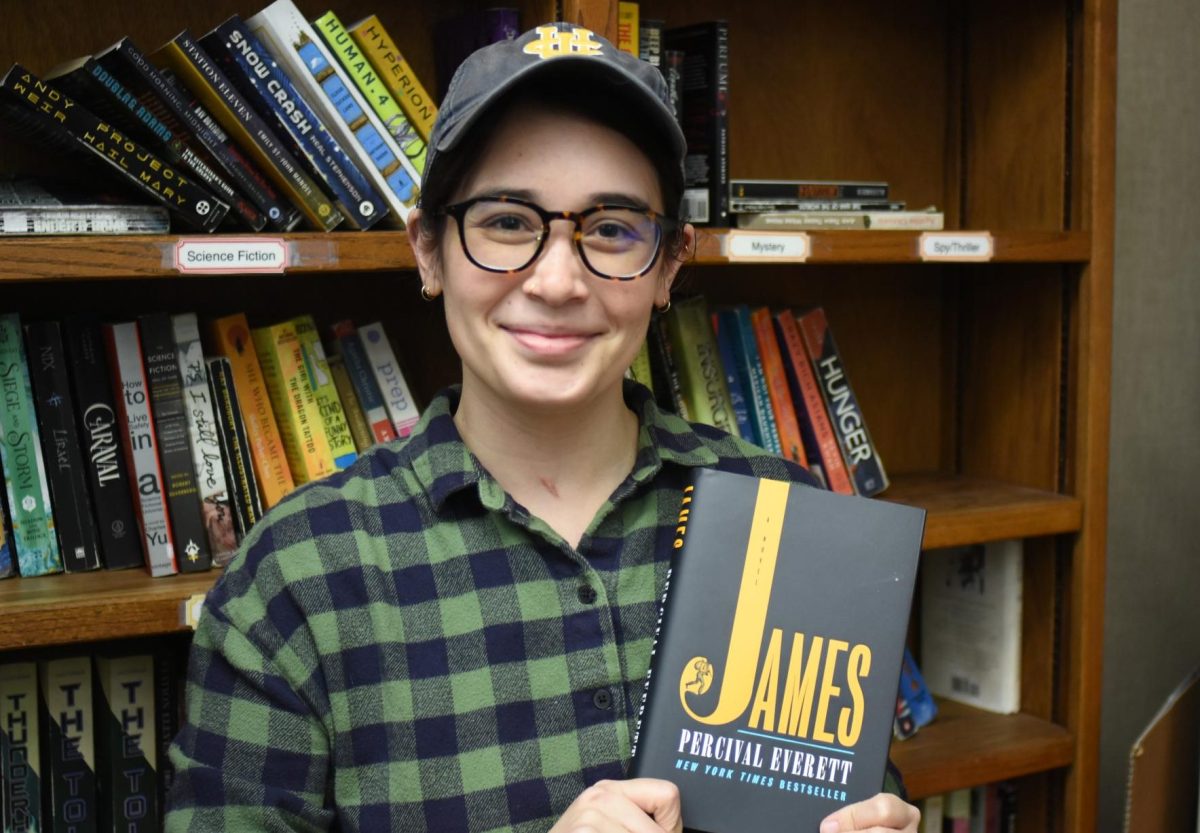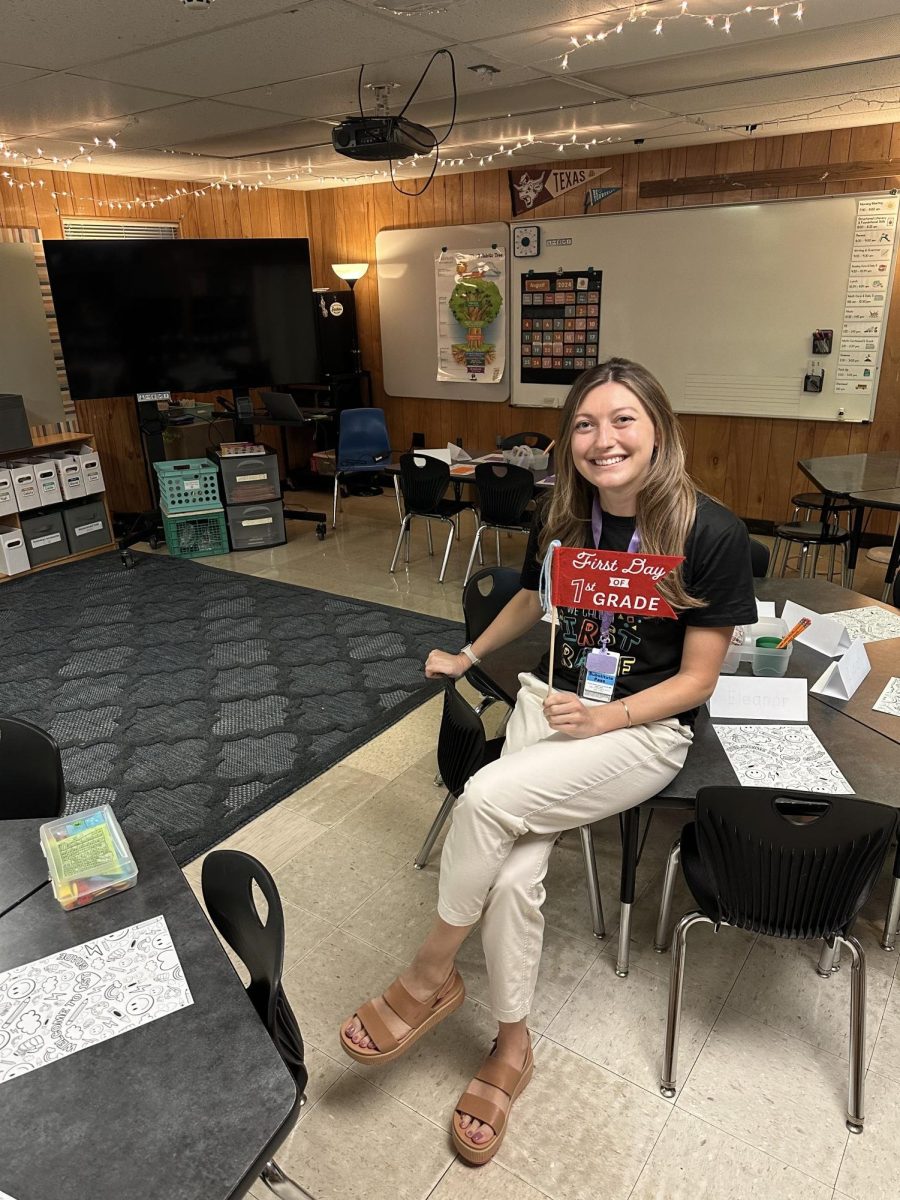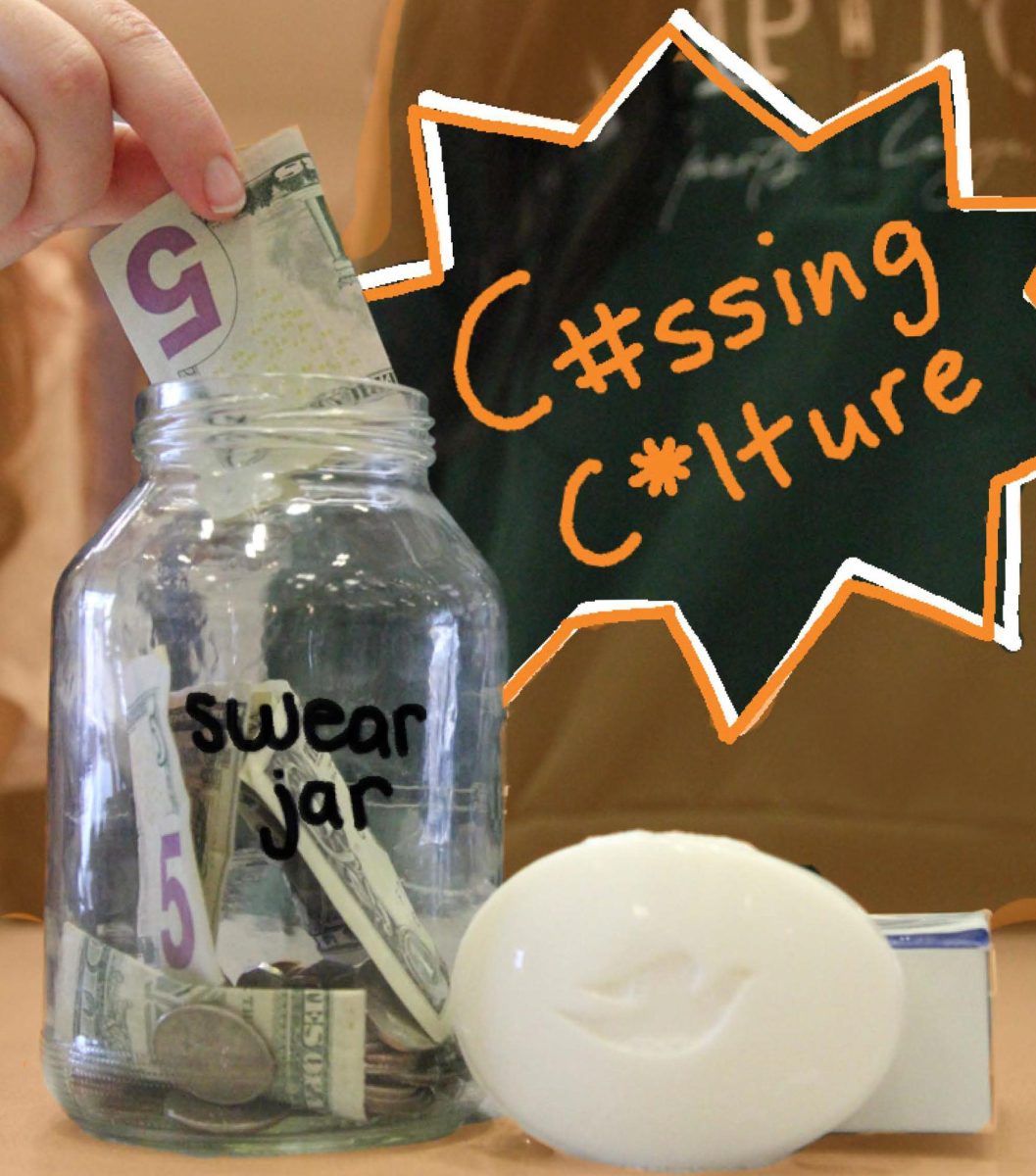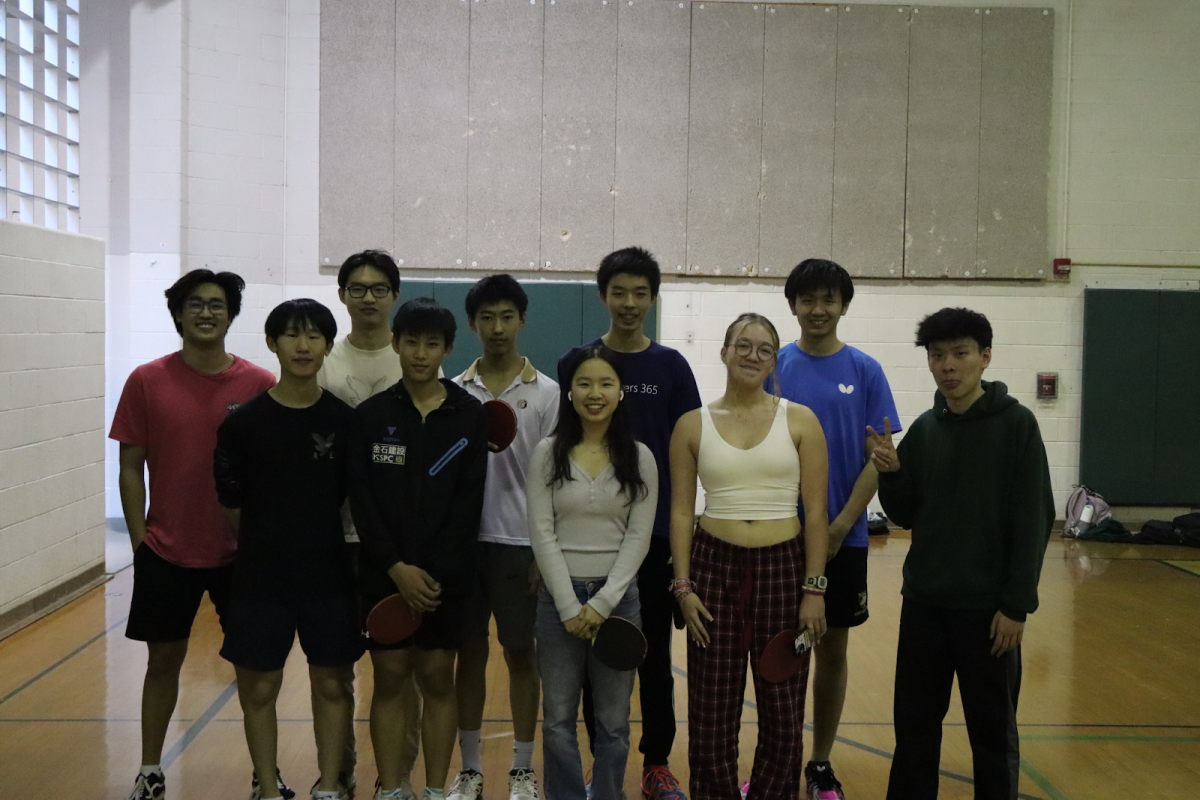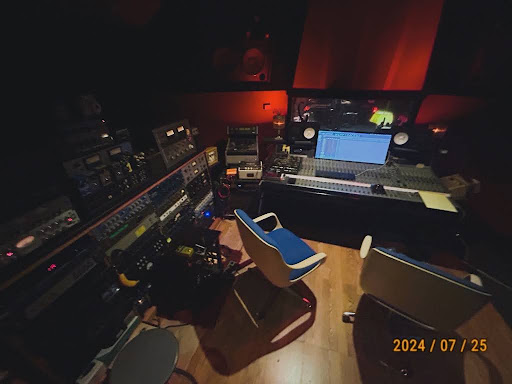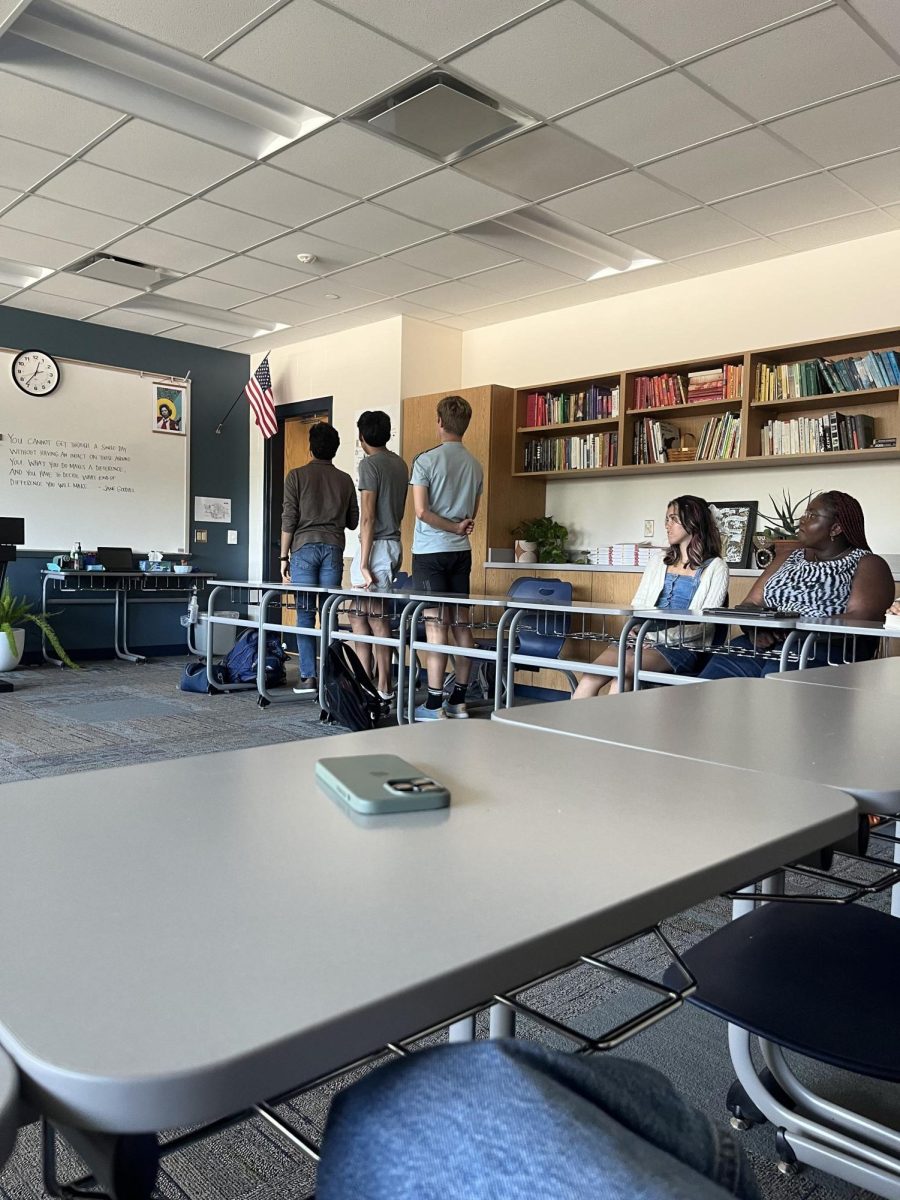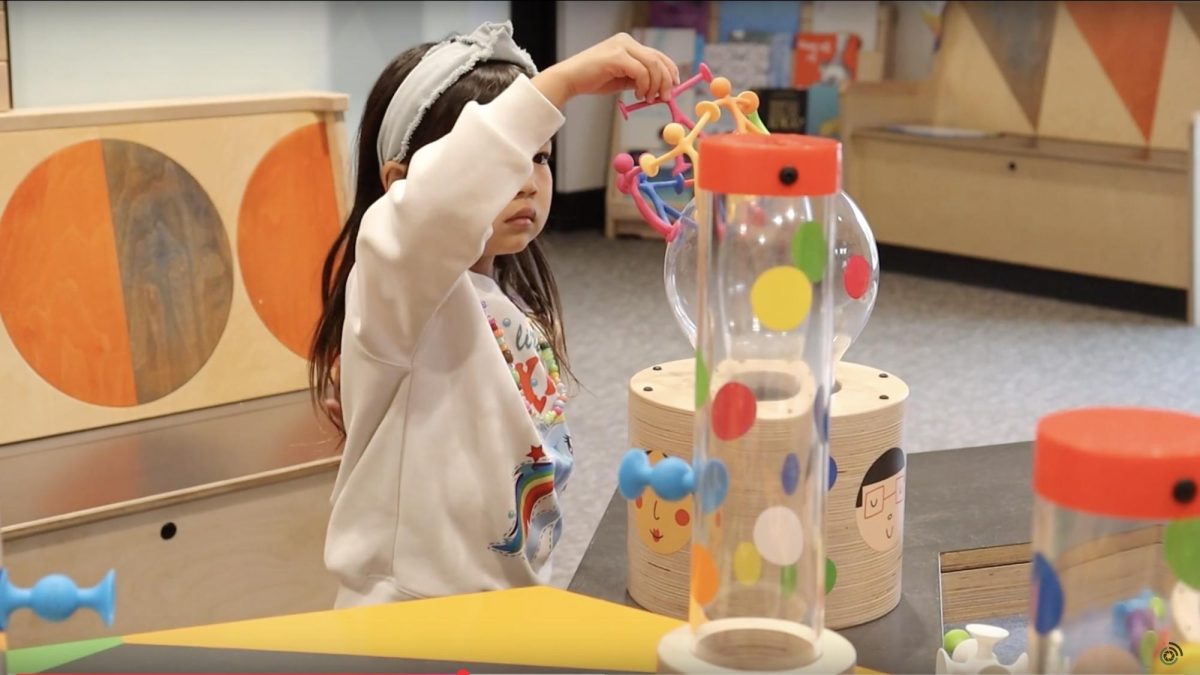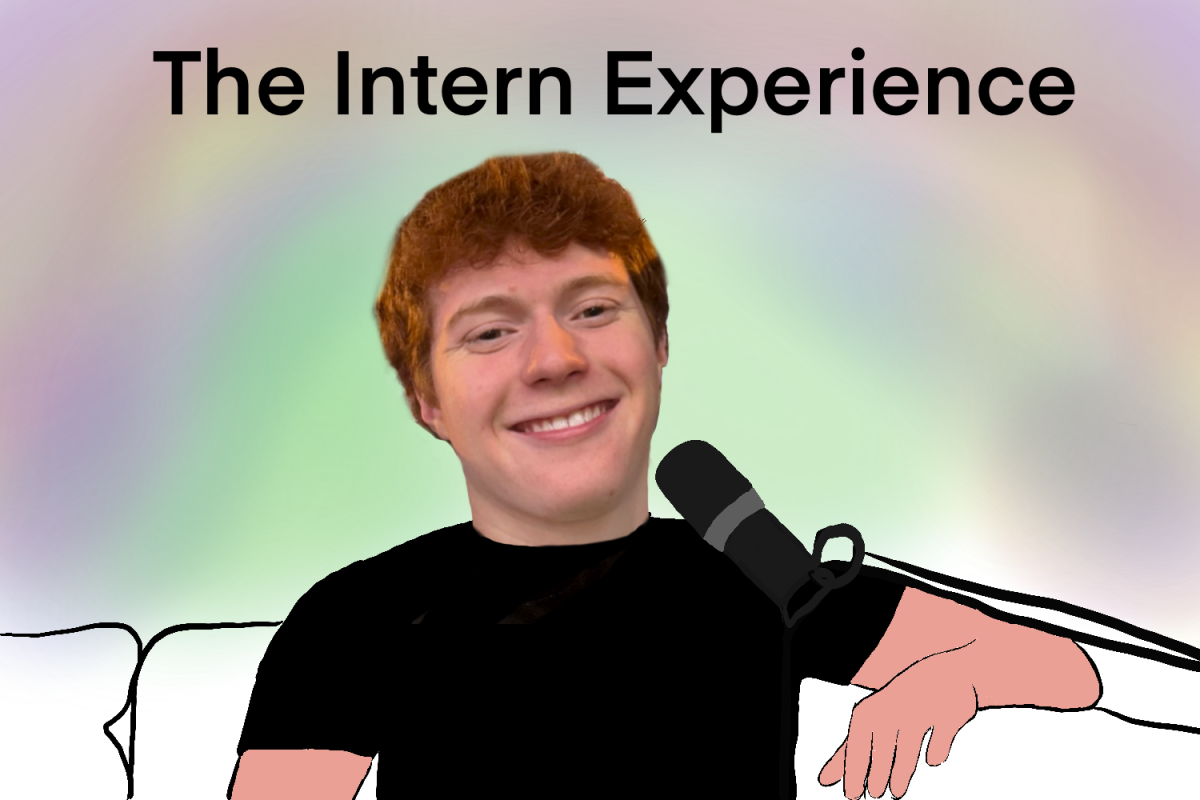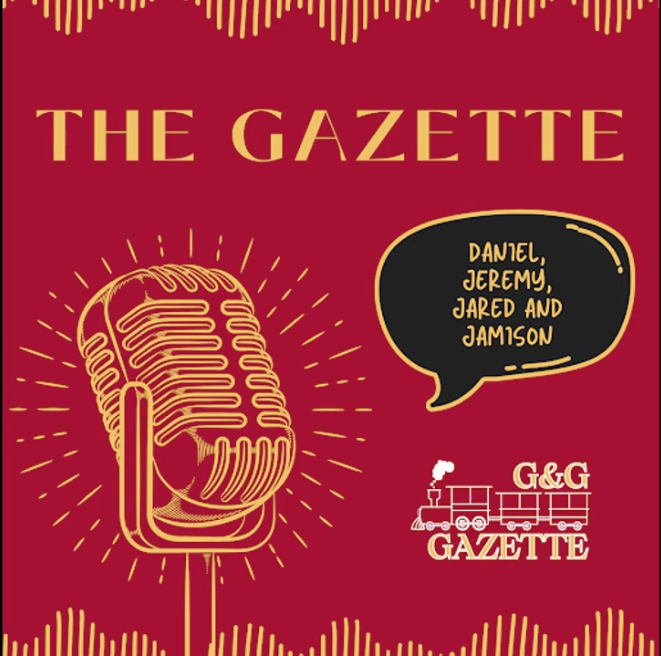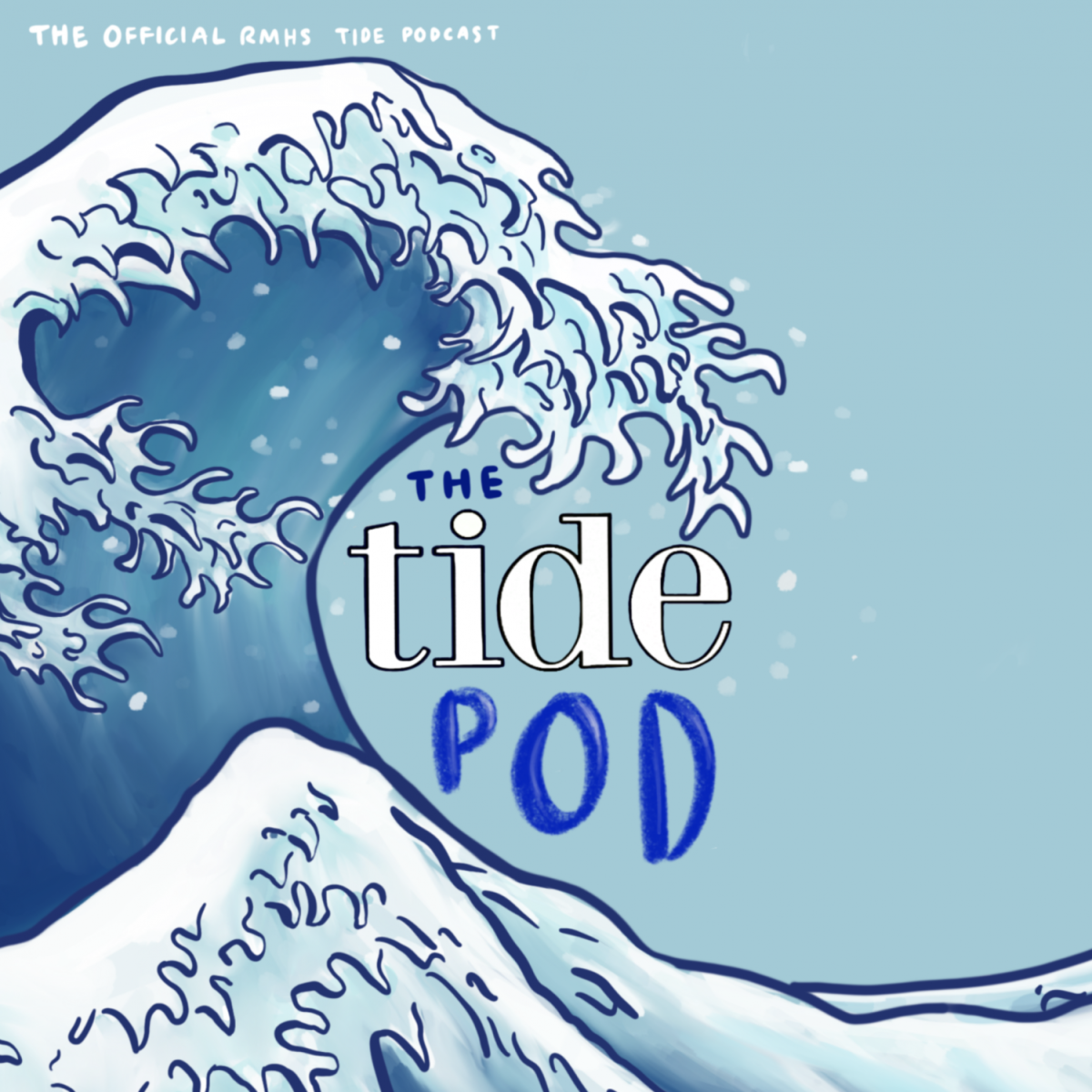Starting this year, CollegeBoard is finally introducing Advanced Placement Precalculus – raising the question of whether or not Dougherty Valley High School should adopt the newest AP course.
Why APPC? According to CollegeBoard, it’s to “earn college credit […] and stand out in the college application process”, and to have “access to free digital learning”. Other reasons include preparing students for AP Calculus, encouraging them to take advanced math classes, and allowing them to fulfill graduation requirements.
Teachers aren’t as hopeful. AP Calculus AB, BC, and former Honors Precalculus teacher Ms. Shika Guntakatta foresees the course’s introduction as a contribution to academic pressure. “[Parents] may not really know what their kid knows or [does not] know,” Guntakatta said. “There are so many students who came and told me personally, ‘We know that we are not ready, but my mom wants me to. I know I want to do regular Precalculus, but my dad wants me to.”
It’s also common for first-time AP students to carry the assumption of success, according to Guntakatta. Without expectations, she mentioned, there’s a lack of accountability among students and parents, and the responsibility falls to teachers instead.
In addition, Guntakatta anticipates APPC to emphasize the problem of advancement. “If DVHS offers AP Precalculus, then it drives more and more middle schoolers to advance in summer,” she cautioned. “They probably have the ability to be successful if they did one year’s [worth of] Algebra 2 – but now they will think they’re not capable, and the effect it has in their confidence levels […] is very costly.”
Students facing difficulties can be discouraged from pursuing higher classes. But the opposite is true as well, Guntakatta suggested: “65% is a five – that gives a false sense of [the] breadth and depth that students need,” she said. “I see students that come from AB to my BC class with head held high up, thinking, ‘Hey, we got a five, we know everything!'” Guntakatta sees HPC as a fundamental class both in terms of content and academic standards, and worries that APPC will fail to meet its level of rigor – contrary to CollegeBoard’s goal of strengthening Calculus foundations.
Guntakatta concluded by recommending a reconsideration of earlier education: “If they are allowing freshmen to take AP classes, they should have something equivalent [in] rigor, something trickling down to middle school.”
Guntakatta’s sentiment was repeated by Mr. Daniel Kravets, who has in recent years taught Algebra 2, Precalculus, and HPC. Kravets once proposed an Honors Algebra 2 class at DV, in order to transition students into Honors Precalculus – whose drop rates reach up to 60% – but was denied. “We don’t have a class right now that feeds into Honors Precalc,” he explained “That’s why it’s so hard for a lot of people.”
The same is true of APPC, which he believes will attract more students with its apparent prestige.
Ultimately, APPC is one aspect of a greater issue concerning math advancement – getting students across the barrier. HPC, among DV’s most notorious classes, is one of the first weighted courses that students take over their academic careers, and represents an important evolution. The shift is always difficult, according to Kravets. “At some point, you have a jump – that goes for everyone,” he said. “At some point, you have to jump from non-Honors to Honors.”
Precalculus is not considered a college-level subject, and may serve as a precedent for the revision of high-school curriculum. However, even if weighted courses are to expand further into lower-math territory, they may only serve to move the gap, rather than overcoming it. That is, CollegeBoard’s latest AP may just be facilitating the problem it claims to address.
This story was originally published on Wildcat Tribune on October 3, 2023.


